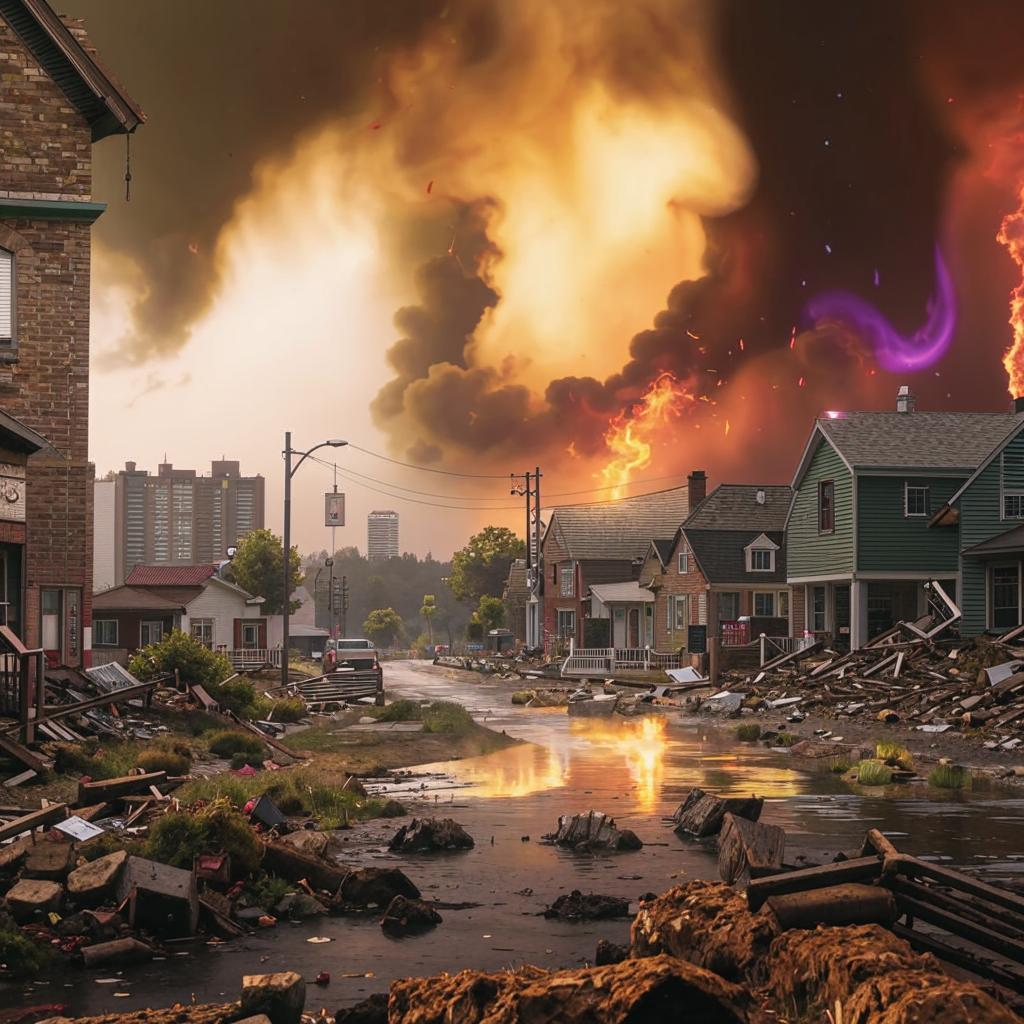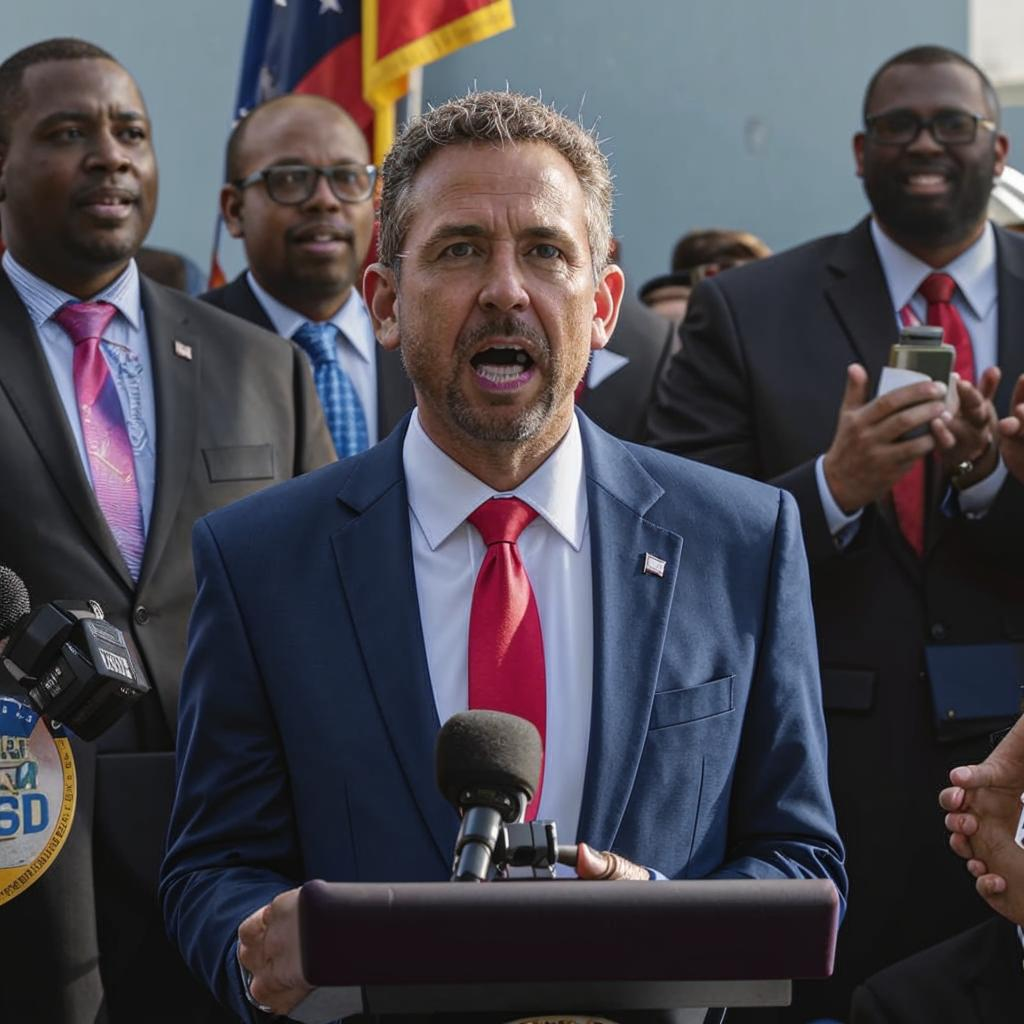Climate change is no longer a distant threat; its fingerprints are all over the increasingly frequent and intense extreme weather events impacting the United States. From devastating wildfires in the West to unprecedented flooding in the East and South, communities are grappling with the harsh realities of a rapidly changing climate. Scientists emphasize that these events are not isolated incidents but are directly linked to rising global temperatures caused by human activity.
The economic costs are staggering. Billions of dollars are spent annually on disaster relief, infrastructure repairs, and supporting displaced populations. Beyond the financial burden, the human toll is immeasurable. Lives are lost, homes are destroyed, and entire communities are uprooted, leaving lasting scars on individuals and families.
Experts warn that these trends will only worsen without significant action. Urgent steps are needed to reduce greenhouse gas emissions and transition to a more sustainable economy. Investing in renewable energy, improving energy efficiency, and adopting climate-resilient infrastructure are crucial to mitigating the worst impacts of climate change. Furthermore, enhancing community preparedness and providing resources for vulnerable populations are essential to protecting lives and livelihoods. The time to act is now, before the escalating consequences of climate change overwhelm our ability to cope. Failure to do so will condemn future generations to an even more dangerous and unpredictable world.











